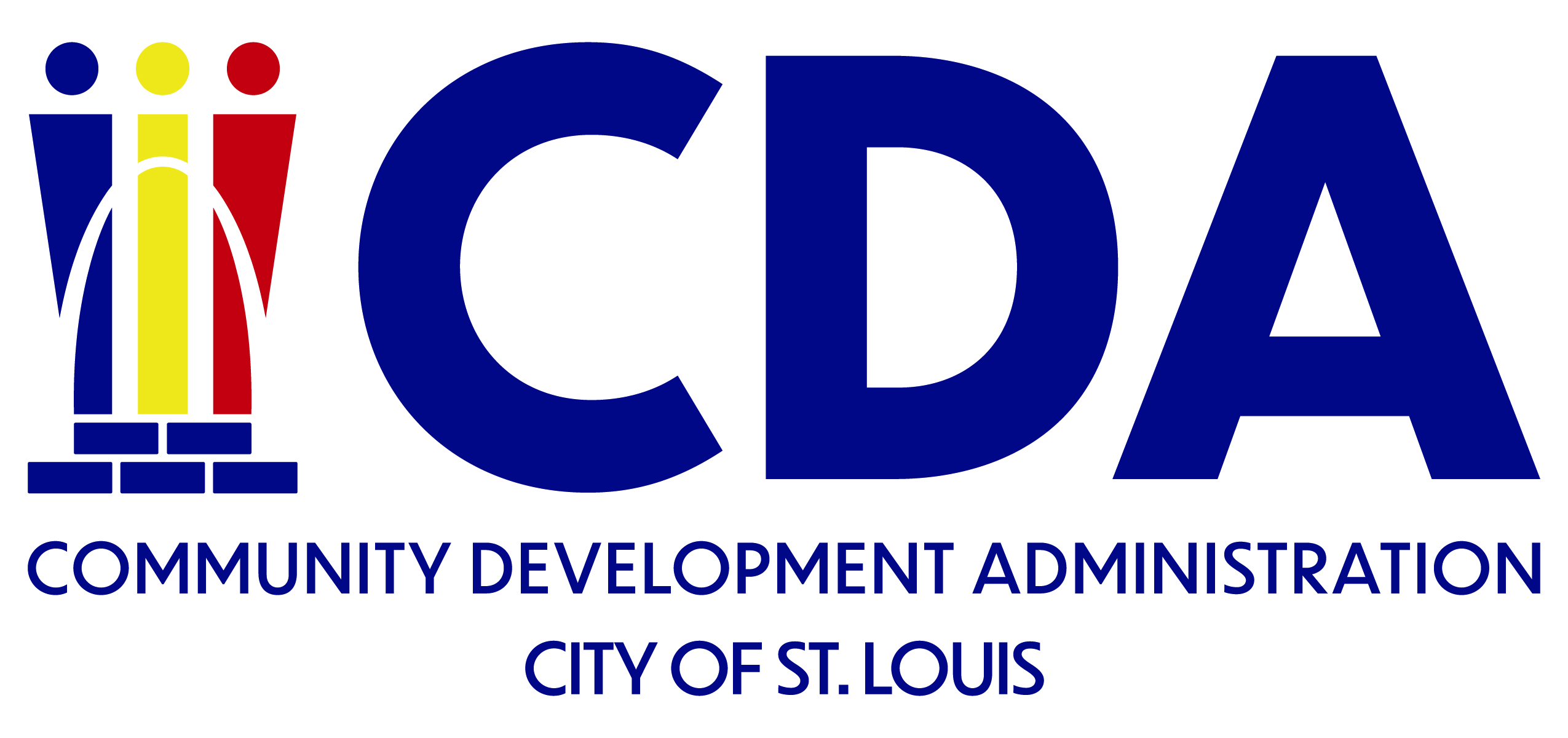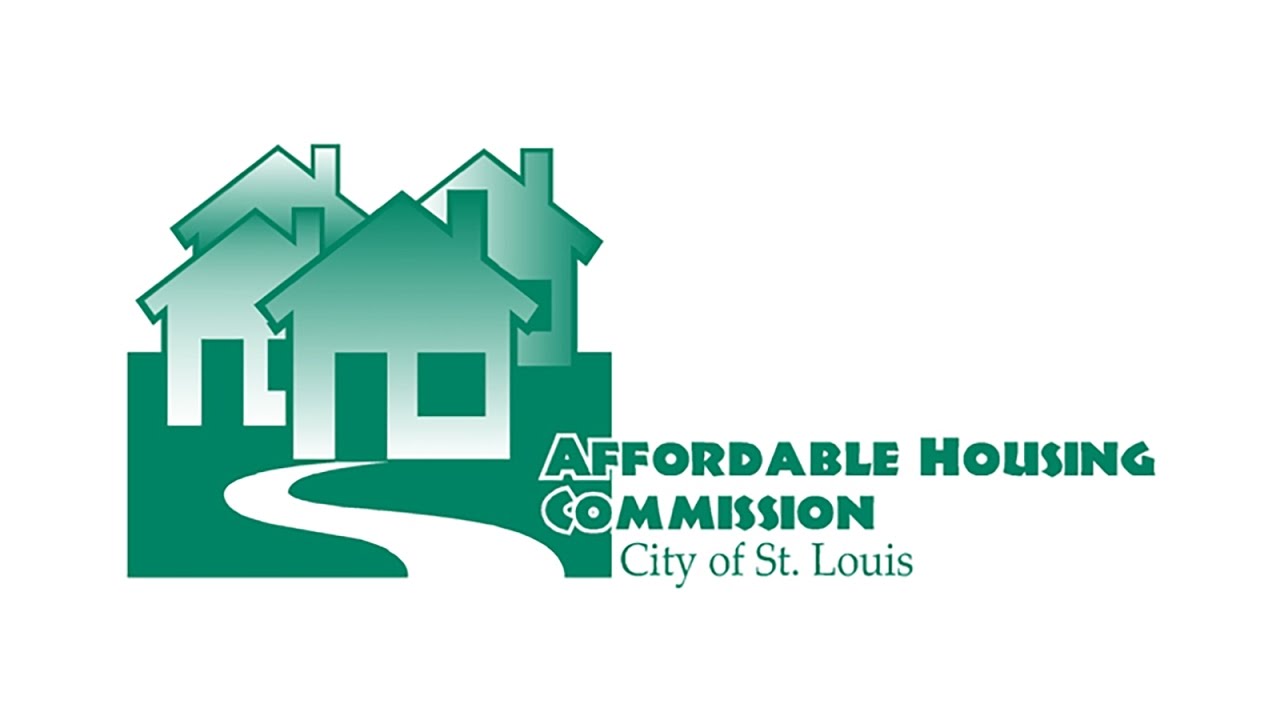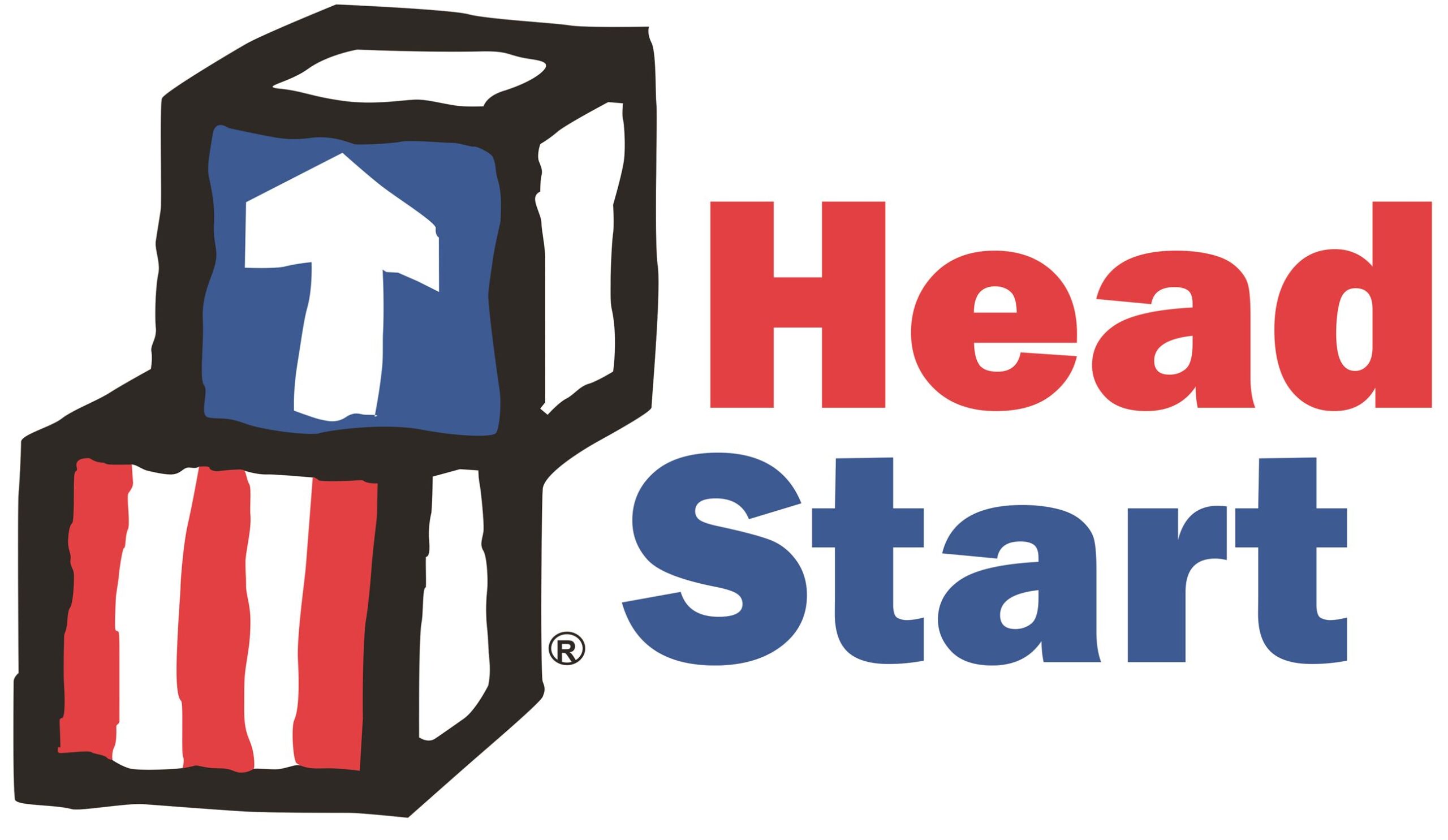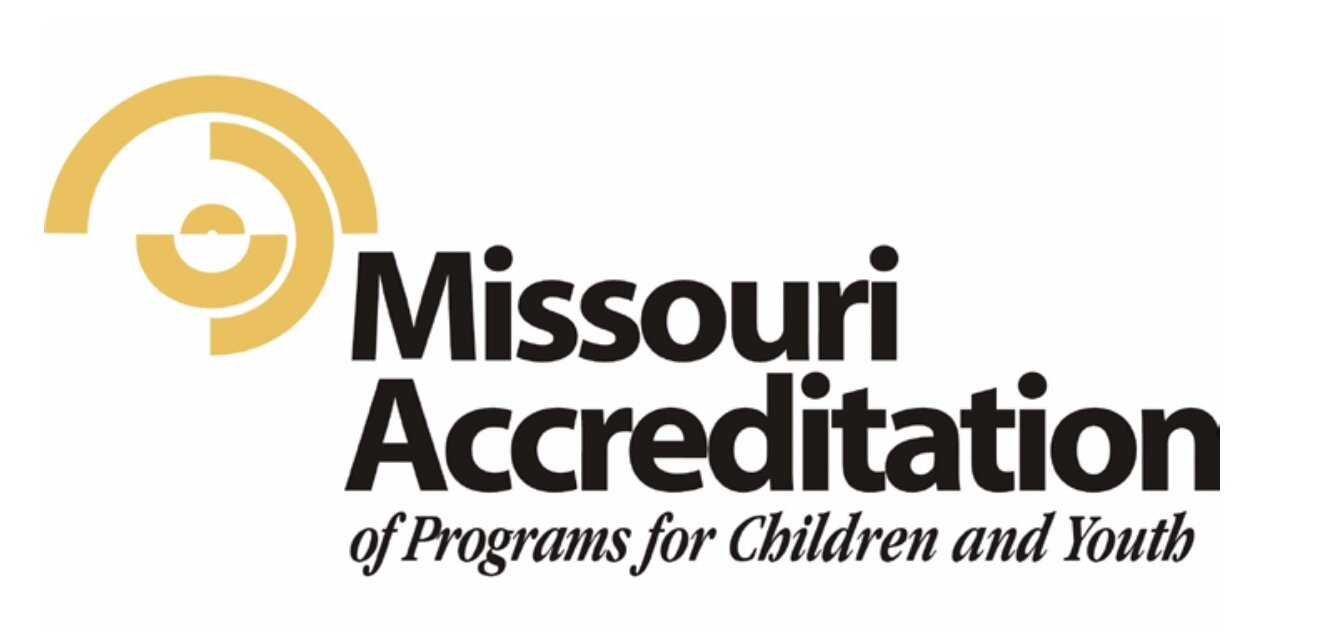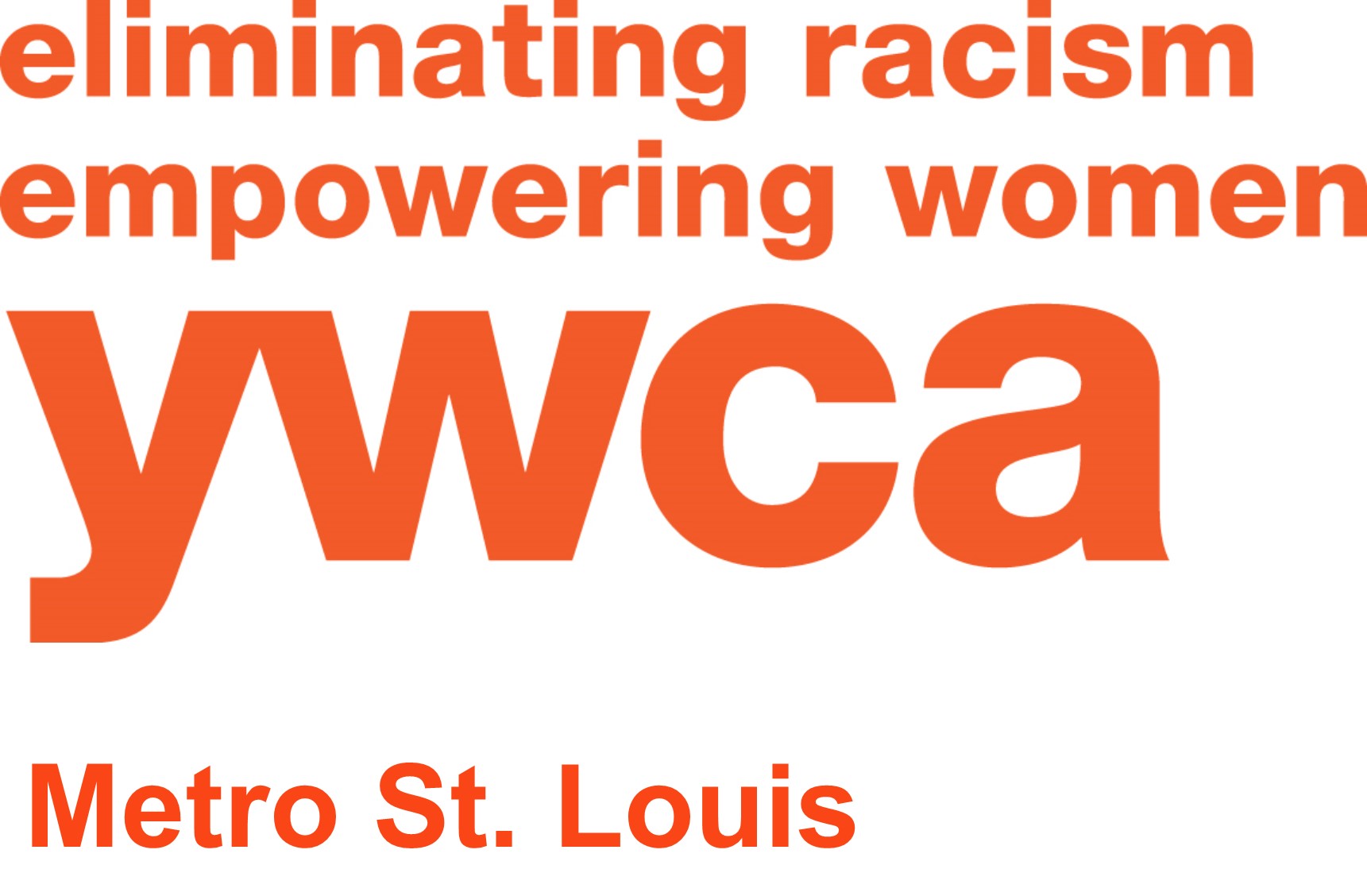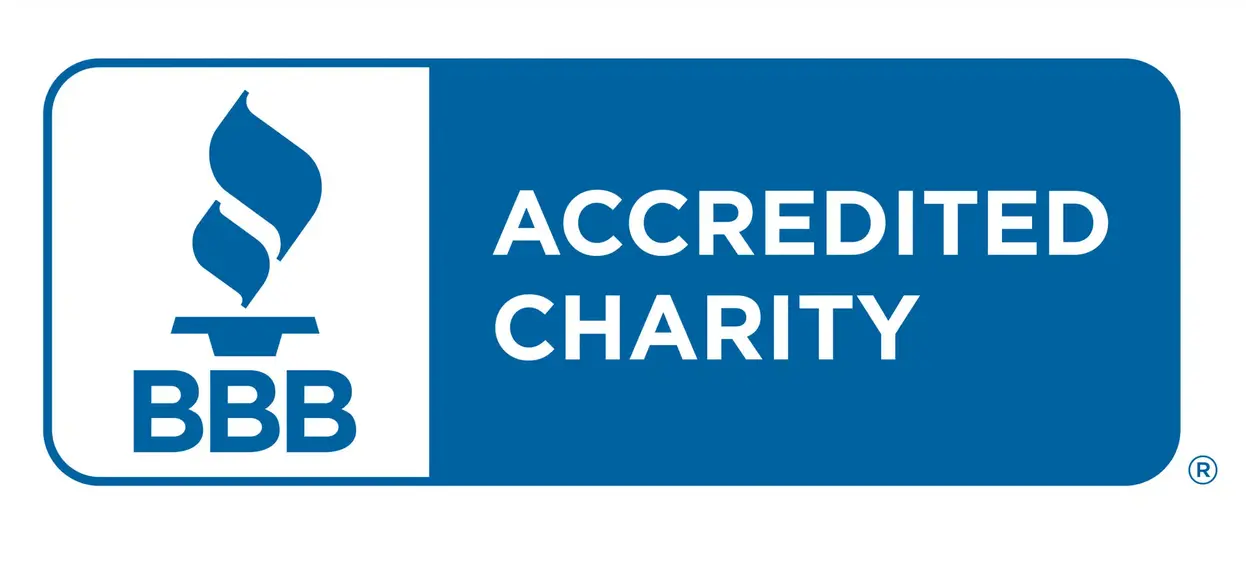Although Lea Compton is fairly new to Guardian Angel Settlement Association, she is no stranger to helping people along their paths to possible. Read this recent Q & A with the acting Director of Social Services to learn about her journey to Guardian Angel, and her goals for our organization moving forward.
Share a little about your background before getting involved with Guardian Angel.
Well, I’ve always been a social worker- I’ve been one for over 25 years now; I am an MSW.
Before working with Guardian Angel, I worked for the state of Missouri’s Department of Mental Health, working with forensic clients (individuals who are deemed unable to be tried by reason of insanity). Prior to that, I worked at another nonprofit, a thrift store where we helped people in the community like our boutique does. Before that, I worked as a Foster Care Director for 12 years contracted with a company through the state of Illinois.
What or who initially inspired you to get into this type of work?
My mother became a full-time missionary when I went off to college. She lived in Haiti on and off for 20 years. During that time she adopted my brother and, even now at 88 years old, she’ll get on a plane to go back and forth to visit him because he has multiple sclerosis and can no longer travel. But one of the things that she told me that has always stuck with me is, “a true Christian follows God’s teachings and loves everyone, and I have to work on that every day.” So she’s my biggest inspiration and always has been.
Have you always been involved in this type of service-based work?
I’ve been serving people one way or another pretty much my whole life. In high school, most people work at fast food restaurants, my high school part-time job was worked at a nursing home with the elderly. When I was in college I ran a daycare for the YMCA. I’ve always worked with people. I finally moved away from working with kids, as I’m working with older people now, but I’ve always been a server. I just believe that’s what I was born to do: serve and help people.
How did you first encounter Guardian Angel?
The thrift store boutique I was working at was actually just down the street from Guardian Angel, so just seeing their name is how I first came in contact with them. And then, a woman I worked with there (Stephanie Betts) started working for Guardian Angel and I heard more about it from her. Any time I find an organization- a local organization- that specifically helps a neighborhood, I’m very into finding out about what they do. And that’s what I did.
What were your initial impressions of Guardian Angel and how have they evolved in your short time working here?
You never know until you actually get in there and see what else is offered. It was really exciting to find out that our store welcomes people from other community organizations, like those who are developmentally delayed, to come work for us. In that way, the store is a service because they can get work experience and use us as a reference. I just think it’s a great idea and not enough people do it. Working with people with disabilities, you will find that it is hard for them to get a job and most the time it’s hard because they don’t have any work experience. So the fact that we are able to give them that work experience was one of the best things for me when I found that out.
I was also super excited to realize that, not only does Guardian Angel help with utilities, mortgage or rent, but they also helped with the food pantry, and even though we only have those two zip codes that we that we work in, it’s such a large area in the city.
What are some new programs you’re focused on implementing within Guardian Angel’s social services department?
Well, what we are working on is trying to find ways to empower people to find their own way, to become more independent. We are actually in discussions as a group to find out what other services we can provide, but what we really want to do now, is figure out the most effective way to reach as many people as we can with the services we already offer. Right now we’re not really looking to create more, but rather to be the best that we can be with what we already have.
We do have the computer lab up here that was created to help people with resumes and to help people look for jobs online, which is very important because a lot of people who live in this community cannot afford a computer. And we do have a local library, but it’s not so local that everyone can just walk. So these are examples of the types of services we already provide to the community that play an important role.
Guardian Angel’s mission is helping people on their Path to Possible? How do you try to encourage people to take that first step.
I think it all kind of links back to making sure that they even know we’re here to provide them help is a big thing, so getting us more well known is really important. Also, getting people to ask for help is not easy. It’s hard for me to ask for help, and I’ve been in the helping industry all my life. I’ve been working hard to get really unique workshops here, so we just have to keep energizing ourselves to keep providing these workshops that can offer the community more ideas, more opportunities to ask questions, and I think the best way to help them see what’s out there is to get them to come to the workshops. We want to connect people to our services to help them to build on their own building blocks to lift themselves out of poverty. That’s our goal.
What have been some special moments that have resonated with you in your time working with Guardian Angel?
Sometimes I get to go do the emergency food bags when Stephanie is away, and that always makes me smile. Anytime I get to have direct contact with the client, those are the bright moments for me. My goal is to make sure I have more of those moments. I’m a very hands on type of person, so I want to be visible. I want them to know that if their caseworker isn’t available, they can call me. I think that’s an important part of any nonprofit and social service agency that, although I’m the social service director, it doesn’t mean that I am any less accessible than the caseworker.



